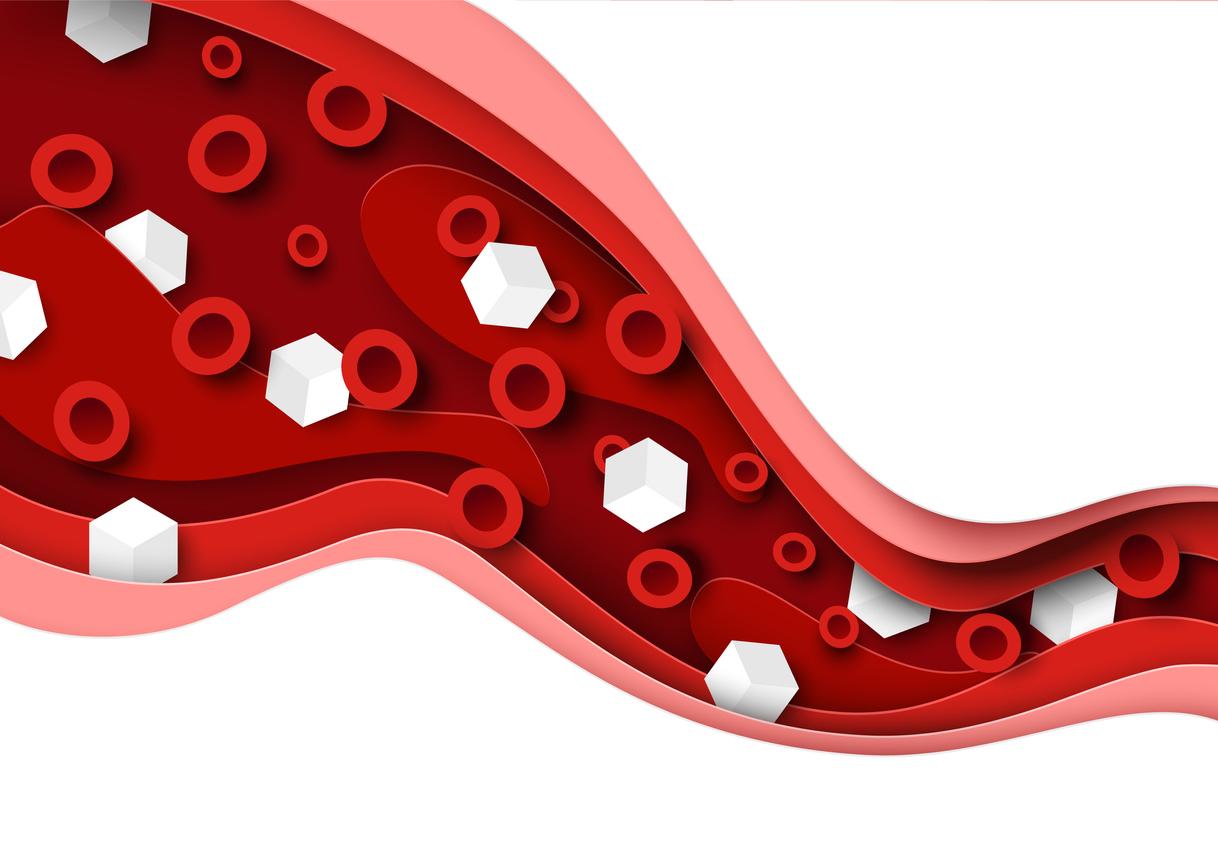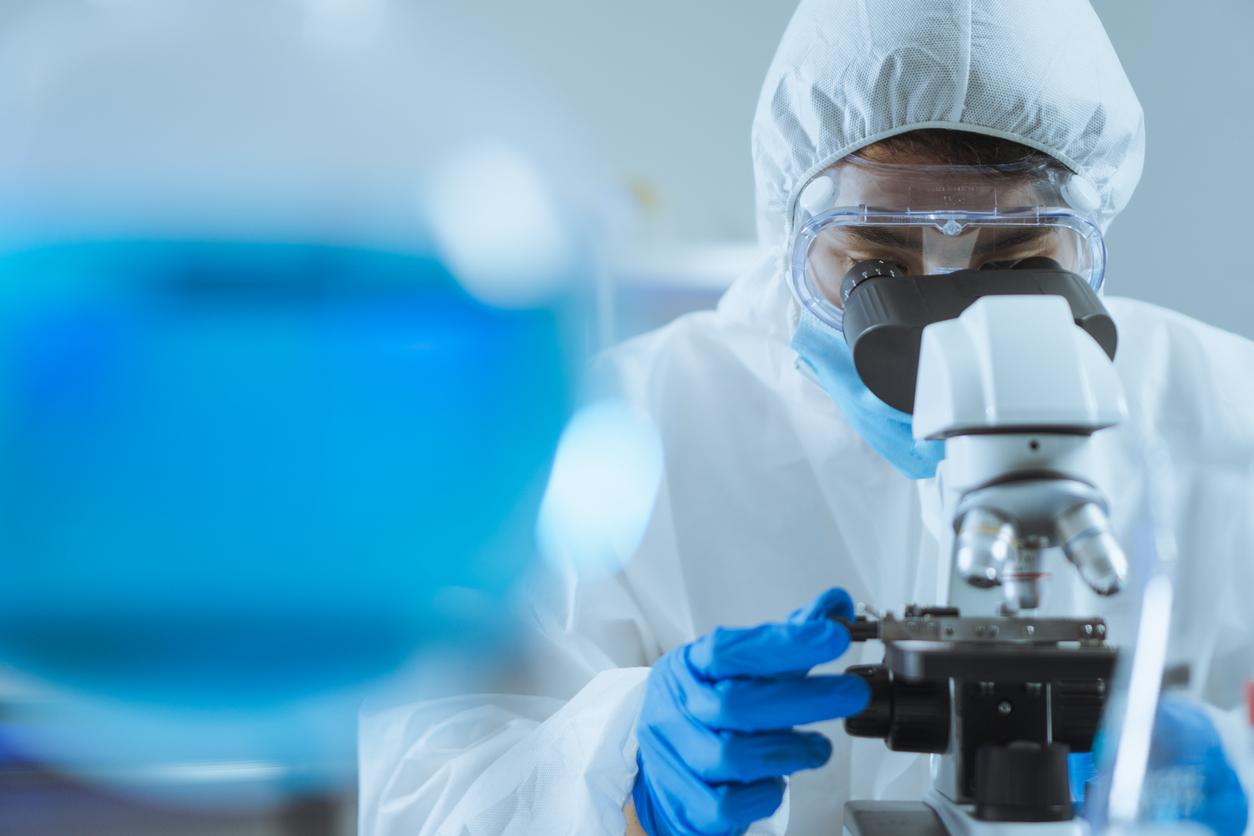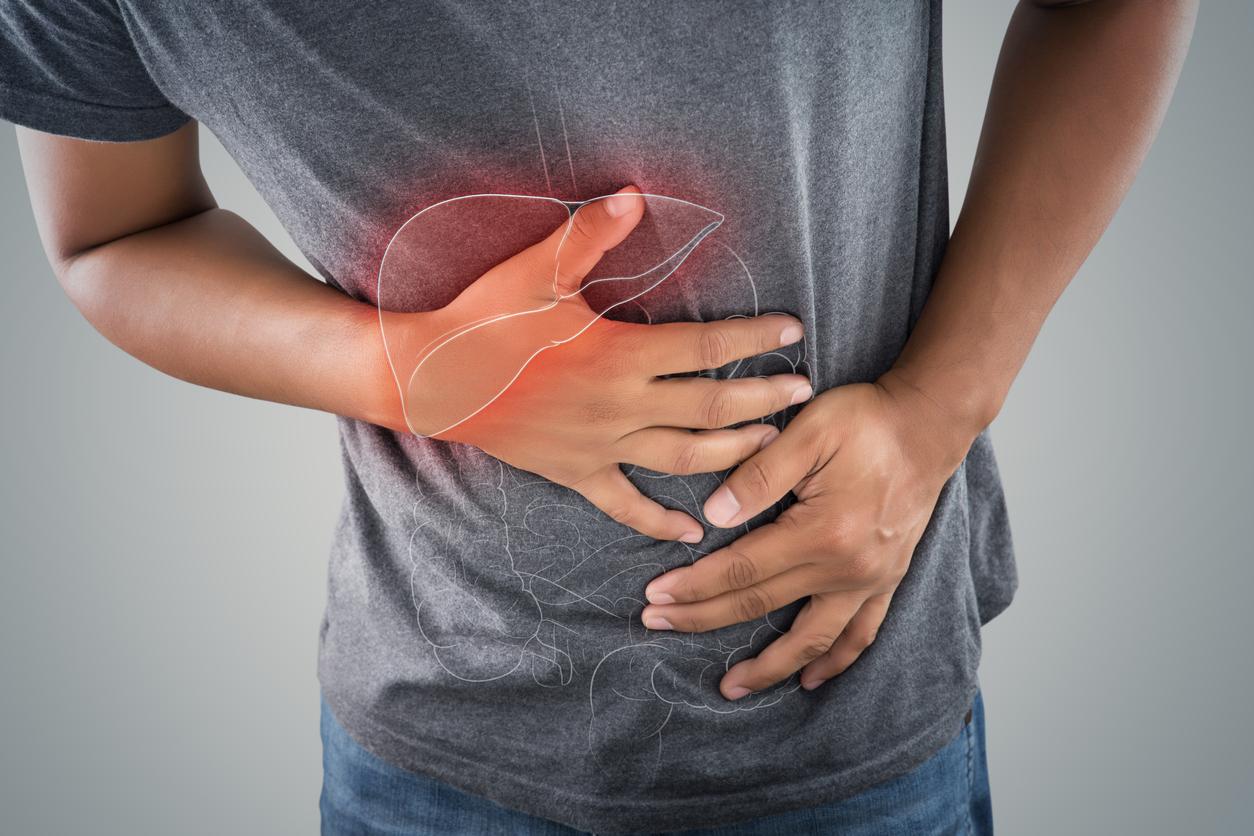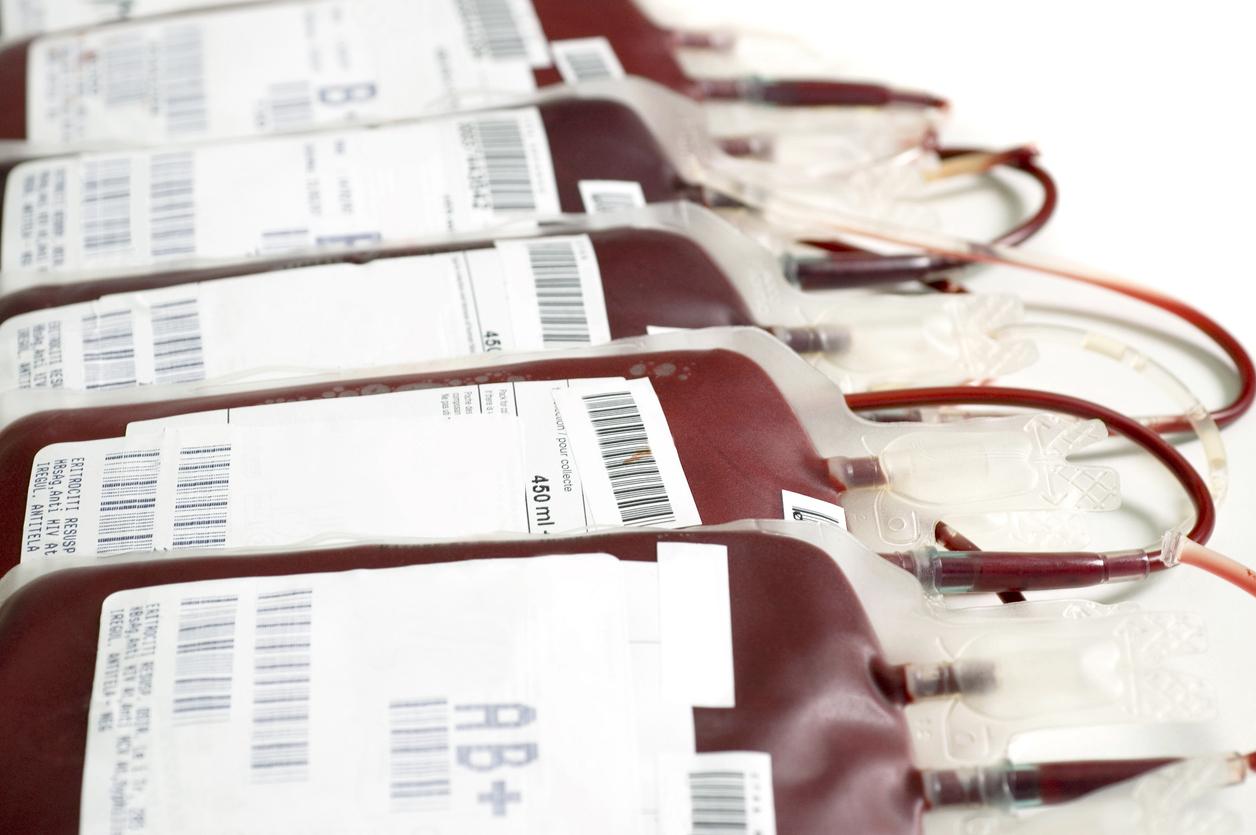[Mis à jour, 9/04] The test clinic, which planned to administer marine worm blood to patients with Covid-19 is interrupted, the Assistance publique-Hôpitaux de Paris (AP-HP) told AFP this Thursday, April 9. The Medicines Agency (ANSM) has indeed decided to suspend the green light it had given for this study, after learning of negative results from a previous study on pigs.
What is it exactly? The test MONACO (for M101 OxygeNAtion Covid) started on April 4 to test an oxygen transporter (M101) from sea worm hemoglobin in severe covid + patients in intensive care. His goal ? To demonstrate that the oxygen supply can be improved in patients with acute respiratory distress syndrome associated with SARS-CoV-2 virus. And of course demonstrate the safety of the treatment (absence of adverse events immediately after administration). The proper execution of the protocol was placed under the supervision of an independent scientific committee.
Remember that for the time being, there is no treatment against Covid-19. Several studies have been launched on hydroxychloroquine, on blood plasma or on the anti-tuberculosis vaccine BCG.
The virtues of the marine worm, this natural “super respirator”
Within red blood cells, hemoglobin is used to carry oxygen to the tissues. That which is present in the sea worm Arenicola marina, has several advantages: it is able to transport 40 times more oxygen than human hemoglobin and its size being 250 times smaller, it can infiltrate the pulmonary alveoli better. And that’s not all: its hemoglobin is without blood typing, that is to say it is universal and can be suitable for any patient, whatever their blood type!
The AP-HP was to conduct its trial with the Hemarina company, which has been studying these natural respirators for several years. Based in Morlaix, Hemarina owns its own marine worm breeding farm in Vendée, and had 5,000 doses immediately available at the end of March with a capacity to produce 15,000 more “fairly quickly”.
Who are the 10 patients included in the trial?
This trial aimed to target patients with acute respiratory distress syndrome, whose inflamed lungs can no longer play their role. At this stage, the patient must be intubated, asleep and placed on respiratory assistance, that is to say he is connected to an artificial ventilator which delivers oxygen to him.
Firstly, “10 patients under mechanical ventilation with an indication of ECMO but not eligible for this technique will be able, after agreement of their trusted person, to benefit from an injection of M101, AP-HP explained in an April 4 press release. This will be done sequentially, patient by patient, with a gradual increase in doses “.
ECMO (Extra-Corporal Membrane Oxygenation) is a respiratory assistance technique that acts as an artificial lung. It allows oxygenation, not through the lung, but through an extracorporeal membrane. Concretely, the patient’s blood circulates outside the body where it is oxygenated by a membrane. Its use developed in intensive care units at the time of the A H1N1 influenza epidemic in 2009. As it requires heavy monitoring for several weeks due to the risk of complications, it is rather reserved for the most serious patients but presenting a good general state of health, without comorbidities. The injection of seaworm hemoglobin – if it was effective – seemed to be an alternative to this resuscitation technique.
The trial had started in early April in three AP-HP intensive care units, that of Prof. Bernard Cholley at the HEGP as well as the services of Prof. Alain Combes and Jean-Michel Constantin at the Pitié-Salpêtrière hospital.
Source: AP-HP, press release, April 4, 2020.
Read also
- Coronavirus vaccine: when will it be available?
- Coronavirus screening: for whom? How to do the test?
- Discovery trial to test treatments for coronavirus
- Digestive disorders: atypical symptoms of the coronavirus
- Coronavirus and hypertension: the risks















